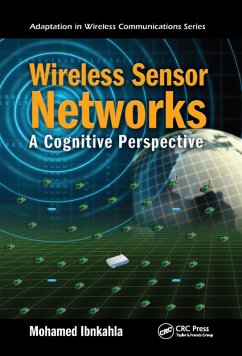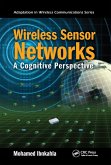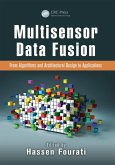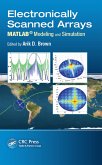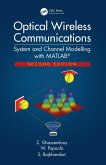Cognitive approaches are expected to significantly enhance the efficiency of wireless sensor networks in terms of energy, bandwidth, lifetime, coverage, connectivity, and cost. This book presents a unified view of the state of the art of cognitive approaches in telecommunications. A benchmark in the field, it brings together research previously scattered throughout the literature. Written in a tutorial style, it surveys each topic and describes the algorithms and protocols in depth. The text covers deployment planning, performance analysis, and implementation. It also analyzes the various communications systems using computer simulations and illustrations.
Dieser Download kann aus rechtlichen Gründen nur mit Rechnungsadresse in A, B, BG, CY, CZ, D, DK, EW, E, FIN, F, GR, HR, H, IRL, I, LT, L, LR, M, NL, PL, P, R, S, SLO, SK ausgeliefert werden.

